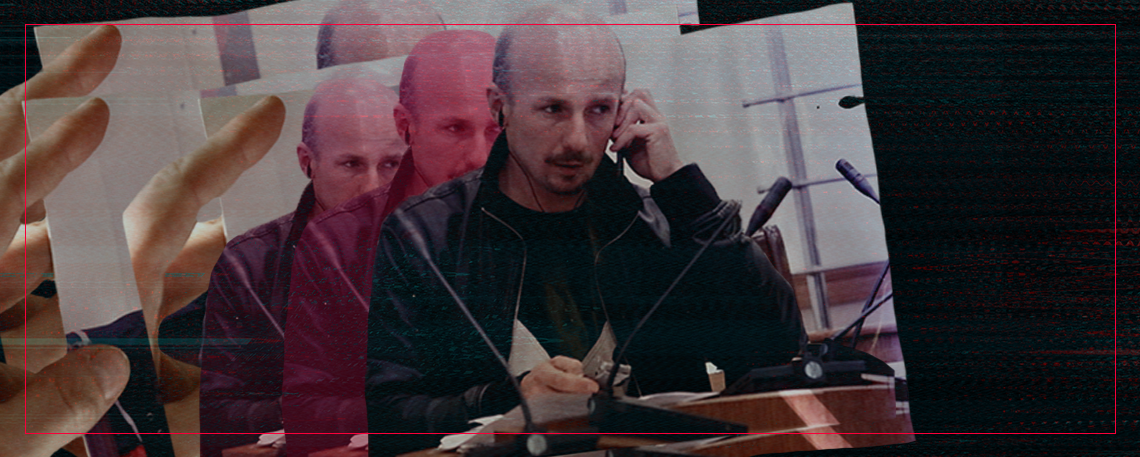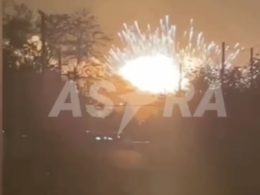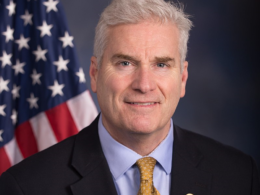According to RSF's information, Khyliuk was moved from Pre-trial Detention Centre No. 2 in Novozybkov, a small town in the far southeast of Russia, around May 13, 2023. He had been held without any legal basis in this prison for just over a year, as previously established by RSF through unpublished testimonies confirming his detention.
He was subsequently transferred to one of the prisons in the Vladimir region, located a few hundred kilometers east of Moscow. In early June, Khyliuk sent a message to his family stating,
"I am OK. I love you. Tell UNIAN that I am in prison in Russia."
Sources who met with RSF in Ukraine last month, preferring to remain anonymous for security reasons, reported that they had seen Khyliuk twice in his new prison at the end of May.
Their testimonies provide further evidence that Khyliuk is being held captive in Russia, despite the Russian authorities' denial of his detention or the initiation of any legal proceedings against him.
Arnaud Froger, the Head of RSF's Investigation Desk, strongly condemned Russia's actions, stating,
"By holding this Ukrainian journalist who has committed no crime, Russia continues to flout the Geneva Convention. The use of civilians as spoils of war to extract information or brainwash them is yet another of the long list of atrocities Russia has committed since the start of the war. Dmytro Khyliuk is now a state hostage. He should be released unconditionally."
RSF's information was corroborated by two soldiers who were imprisoned in IK-7 and recently released, confirming the presence of Ukrainian detainees. However, they could not confirm Khyliuk's specific location within the prison, which has a capacity for 1,200 detainees.
They estimated that at least 300 Ukrainian soldiers and civilians are being held there.
Prison conditions
Conditions in IK-7 are likely not as severe as in IK-6, but one of the interviewed soldiers reported cases of dog bites, electrocutions, and food deprivation leading to loss of consciousness among the prisoners.
Cells designed for eight people are crammed with an average of around 15 detainees. Ukrainian detainees have no contact with Russian prisoners and are regularly moved to different cells every two months. Their activities are limited to reading propaganda books portraying Ukraine as a country governed by Nazis or singing Russian patriotic songs.
The prison is primarily run by civilians, although sources also reported the presence of soldiers. Most detainees are labeled as "witnesses," meaning they are not officially charged and have no access to legal representation.
One of the soldiers interviewed by RSF mentioned that the prison's head had mentioned their imminent exchange while they were being arrested in Kovrov. While some prisoners have been released as part of exchange processes, including a Ukrainian soldier, negotiations between Kyiv and Moscow over the fate of detained civilians are progressing slowly. Only 34 food parcels have been distributed to prisoners on both sides of the border in recent months, according to the International Committee of the Red Cross (ICRC). Given that approximately 10,000 people are missing and suspected of being held by Russia, the progress is minimal.
Ukrainian authorities estimate that at least 25,000 Ukrainian civilians are being held captive, with some, like Dmytro Khyliuk, having been detained for over a year.





